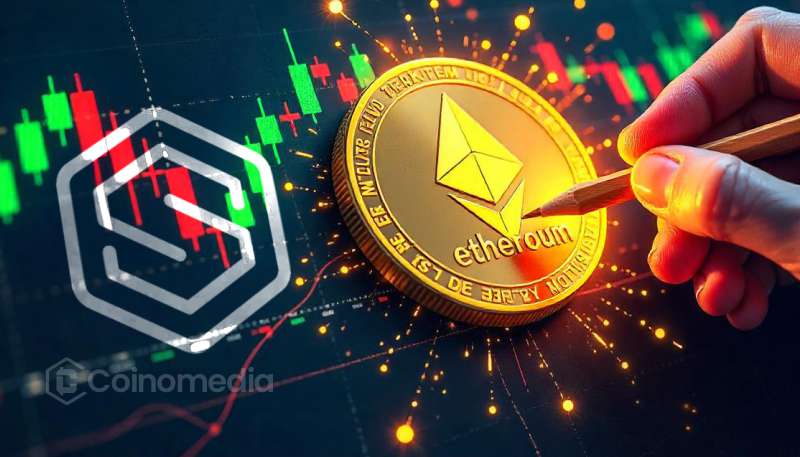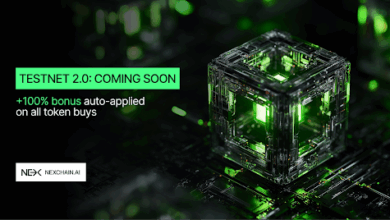SharpLink to Deploy $200M ETH on Linea for DeFi Yields
SharpLink Gaming will deploy $200M in ETH on Linea for DeFi yields, marking a bold move for corporate crypto treasuries.

- SharpLink Gaming allocates $200M ETH to Linea’s DeFi ecosystem
- Marks a major step in DeFi adoption by public companies
- Signals a shift in corporate treasury strategy using crypto
Nasdaq-listed Ethereum treasury company SharpLink Gaming has announced a bold strategy: deploying $200 million worth of ETH into Linea’s DeFi ecosystem. This isn’t just a diversification play — it could mark the beginning of a trend where corporate treasuries actively seek DeFi yields to enhance capital efficiency.
SharpLink’s massive ETH allocation makes it one of the first public companies to engage directly with Ethereum Layer 2 DeFi protocols at this scale. The firm is set to integrate into Linea, ConsenSys’ zkEVM-powered scaling solution, known for its fast, low-cost transactions and growing ecosystem.
Why Linea and Why Now?
Linea offers a scalable environment for DeFi with lower gas fees and higher throughput, making it an attractive venue for large-volume participants like SharpLink. The decision to deploy funds there shows increasing confidence in both the security and maturity of Ethereum Layer 2s.
This move highlights how DeFi is evolving from a retail-driven experiment to an institutional-grade strategy. With $200M in play, it’s not just a bet on yield — it’s a vote of trust in the DeFi ecosystem itself.
A New Treasury Strategy?
Traditionally, corporate treasuries leaned on conservative instruments like bonds or stable-yield products. SharpLink’s Ethereum deployment introduces a higher-risk, higher-reward model, fueled by the growing sophistication of blockchain finance.
As ETH transitions into a yield-bearing asset (thanks to staking and DeFi), companies are beginning to see it not just as a store of value, but as a productive asset. SharpLink might be pioneering a new playbook for corporate treasury management in the crypto age — one where smart contracts, not banks, drive returns.



